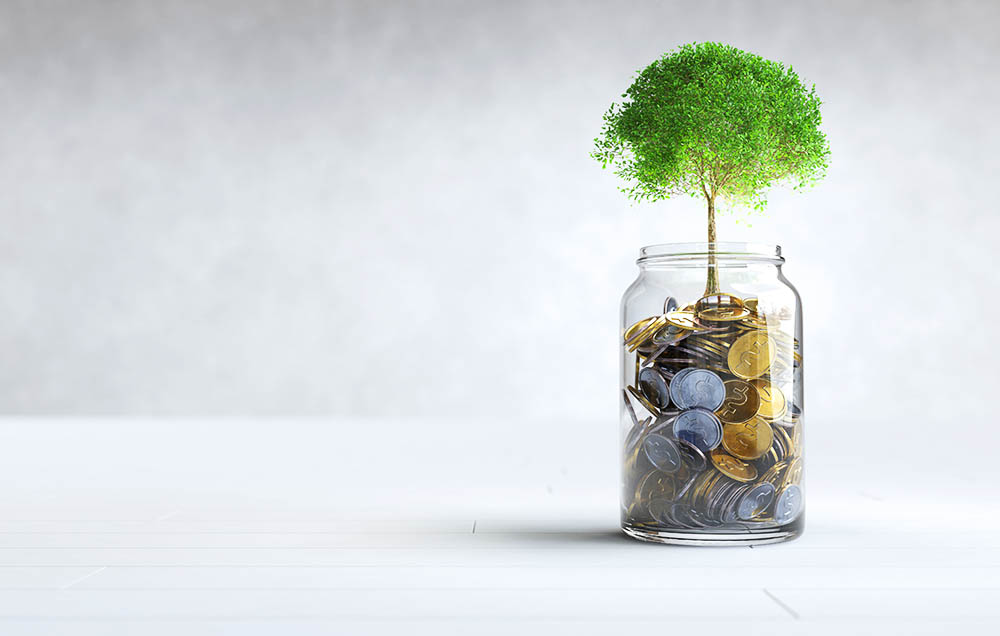As human beings, we are prone to emergencies and uncertainties that can disturb our financial stability at any given point. Life is unpredictable, and what we can control is how well we prepare for any contingency. One way of protecting ourselves is to build up our savings or reserves. Having a reserve can bring peace of mind and act as a buffer against financial setbacks. In this article, we delve deeper into why it’s crucial to build up your savings and explore the benefits it can bring.
Why Should You Build Up Your Savings?
Most people consider savings as a means of achieving their dreams or fulfilling their long-term goals, such as buying a home, going on a vacation or retirement savings. While that’s true, we need to understand that saving money goes beyond that. In fact, having savings has a broader sense of purpose- securing oneself during emergencies.
Emergencies can come in many forms- car breakdowns, sudden job loss, an unexpected medical expense or house repairs, among others. In most cases, these emergencies require immediate action, which may need a substantial amount of money. A reserve can act as a cushion, providing financial stability in situations where one’s income is not enough to cover various costs.
Another reason for building up savings is to obtain financial security in the face of future uncertainties. When you have reserves, you can withstand the inherent fluctuations of the economic cycle, market volatility, and unexpected changes in personal and work circumstances. In essence, a reserve serves as a safety net for when things go wrong.
The Benefits of Having Reserves
1. Financial security and peace of mind
When you have a reasonable amount of reserve, you gain financial security and peace of mind. You are better prepared to deal with unexpected expenses or emergencies that may occur, so you can worry less and focus on the more important things in your life.
2. Flexibility
If you have reserves, you have more flexibility to take risks, make choices and pursue opportunities. Being financially secure means that you do not have to compromise on the things you want or take on debt to meet essential expenses.
3. Reduced financial stress
Reserves reduce financial stress. You are less likely to be stressed about how to deal with unexpected expenses or the prospect of being unable to meet essential living expenses.
4. Saves on interest payments and fees
Without reserves, you may be more likely to have to rely on loans or credit cards to cover expenses. Not only can this be expensive, but it also means that you may have to pay interest payments and fees. With reserves, you can avoid this situation altogether.
How to Build Up Your Savings?
Building up reserves is an ongoing process that requires commitment, discipline and proper planning. While the process may seem daunting, below are some tips that can be useful in building up your savings:
1. Set a budget and stick to it
Setting a budget is a fundamental concept of savings. To start, you need to establish how much you earn and how much you spend. Once you have a clear picture of this, you can create a budget that allows you to save a certain percentage of your income per month.
2. Trim expenses
Trimming expenses is essential when building up reserves. You need to know where your money is going and identify the areas where you can cut back. For instance, you can reduce your dining-out habits, cut down on subscription services, and shop for bargains.
3. Start small and establish a habit
Building up reserves require consistency and discipline. Starting small and establishing a savings habit is essential in building up reserves over time. You can begin by saving a small amount of money each week or month and increase your savings amount over time as you become more comfortable with budgeting and saving.
4. Automate your savings
Automating your savings is another way of making saving money a habit. One way of doing this is by setting up an automatic transfer of funds from your checking account to savings account each month. This way, you are less tempted to spend the money, and you can treat your savings like just another bill you have to pay.
Conclusion
Building up reserves can be challenging, but the payoff is significant. It brings financial security, flexibility and reduces financial stress. Having a reserve means that you can weather unexpected situations and have a cushion to fall back on when things go wrong. Remember, building up reserves is a continuous process, but with discipline, commitment, and proper planning, you can unlock the benefits of reserves and enjoy financial security and peace of mind.
